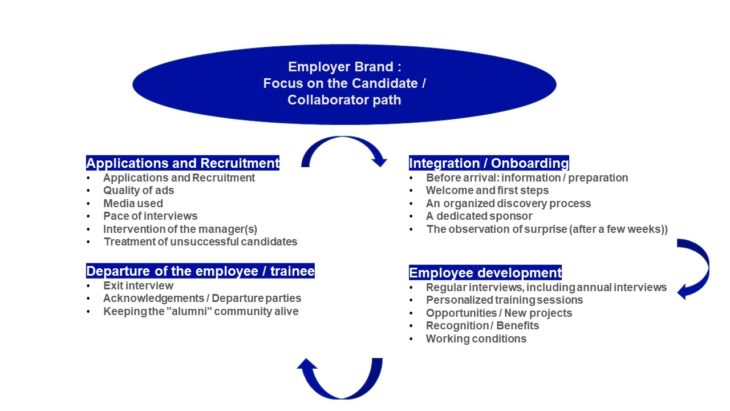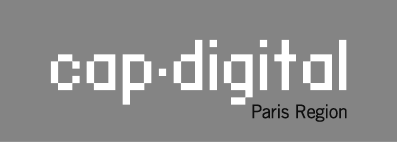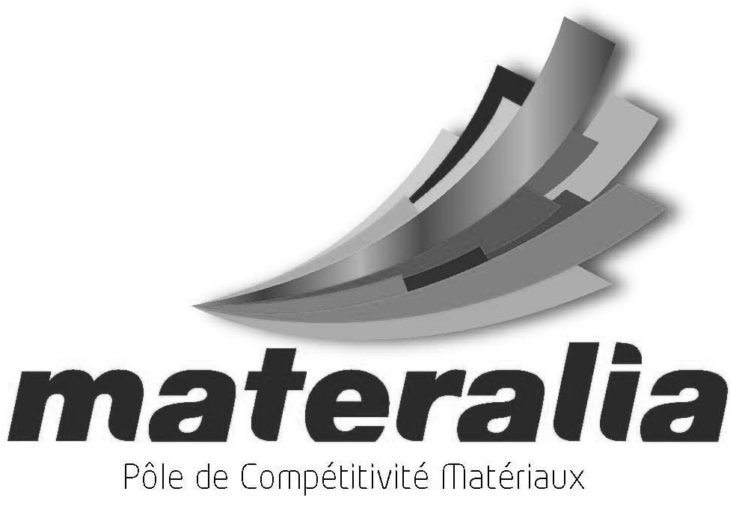Executives : The Human Project Imperative !
The current crisis, both health and economic, underlines the urgent need to adapt and evolve in our companies with agility, speed but also values and meaning.
In this context, digital transformation is an omnipresent theme, an obvious one, in a world that has become digital and is changing ever faster.
However, in addition to this evidence, there is also an imperative, the Human Capital : the resource, the wealth of the company that gives it its soul, its reason for being ; that “makes a difference” and will do so even more tomorrow. The alignment of teams with the values and DNA of the company is essential for the development of its performance in the long run.
This Human Capital, strategic for the development of the company, must be at the core of the manager’s concerns and in the central position of his “dashboard” and his decisions ; in the same way as the level of the order book, the profitability ratios or the cash flow (see our April 2020 article “Cash is king”).
The company must consider the women and men who make up its teams, through a real Human project … which must be built, developed, and on which it must invest.
To do this, there is a clear and visible tool : to adopt an employer brand strategy.
Just as the company invests in its commercial brand (towards its customers and sales growth), its corporate brand (institutional and financial credibility), it must invest in its employer brand (which relates both to the experience of employees internally, and to external visibility for future candidates and the global ecosystem).
A clear and visible tool for the Human Project : the “Employer Brand” strategy
Employer branding must not be a fashionable tool, a marketing device to give oneself a “good conscience”.
Employer branding must be a strategic project for the company ; a project that has an impact, capable of getting current (and future) team members to adhere to and commit to the company’s culture and values.
Therefore, the management of an employer brand project is similar to that of any strategic project : impetus from the executive, ad hoc steering committee, transversality, long-term horizon. It is based on a 5-step process :
1) Definition of the issues : identification and clarification of priorities and expected impacts. For example :
- Successful recruitment plan (company in hyper growth)
- Retain teams and reduce turnover
- Engage and align teams with the company’s values/DNA => all “Ambassadors”
- Consolidate the company’s credibility and visibility in its ecosystem => the famous “Great place to work”
2) Diagnosis of the existing situation, in particular on 3 key facets :
- Company DNA : values / culture / history / mission
- HR policy in place : current practices towards employees, interns and candidates
- Employer reputation : internal and external (see websites such as Glassdor, Indeed)
3) Recommendations for orientations and actions, preferably in co-construction mode / working groups :
- Brainstorming / ideas / external benchmark => priority actions (e.g. develop co-optation)
- Definition of Key Indicators (KPI) (e.g. number of qualified CVs received by the cooptation, employees)
4) Decisions, arbitration of proposals : Go!
- Go! given by the manager and the management team on the implementation of the selected actions
5) Management of the execution of the action plan: under the responsibility of the manager and an ad hoc committee
As this is a Human project, it will necessarily be punctuated by actions with quick “victories” and others with more distant effects.
The Employer brand must be established, installed, and spread, inside and outside the company, with consistency, visibility, and in the long term.
Four pragmatic components for the “Employer Brand”:
In practice, an operational approach for implementing concrete actions of the employer brand project is to follow the 4 phases of the employee’s journey within the company (see diagram below) :

At each of these phases, and in accordance with the strategic priorities, a concrete action plan and associated measurement indicators are defined to ensure that the objectives are actually achieved.
Human Capital : a strategic component at the center of the manager’s responsibilities
In line with Peter Drucker’s powerful analysis : “Culture eats strategy for breakfast! “The Human Capital project is an imperative for the company when many other subjects are obvious or urgent (digital transformation, business model pivot, production tool rationalization, etc.). It is a crucial imperative, the foundation of the feeling of belonging and the lasting commitment of teams… determining factors in the development of the company and the increase of its performance over the long term.
The Human project, which promotes the development of the company’s Human Capital, must be one of the executive’s major concerns.










